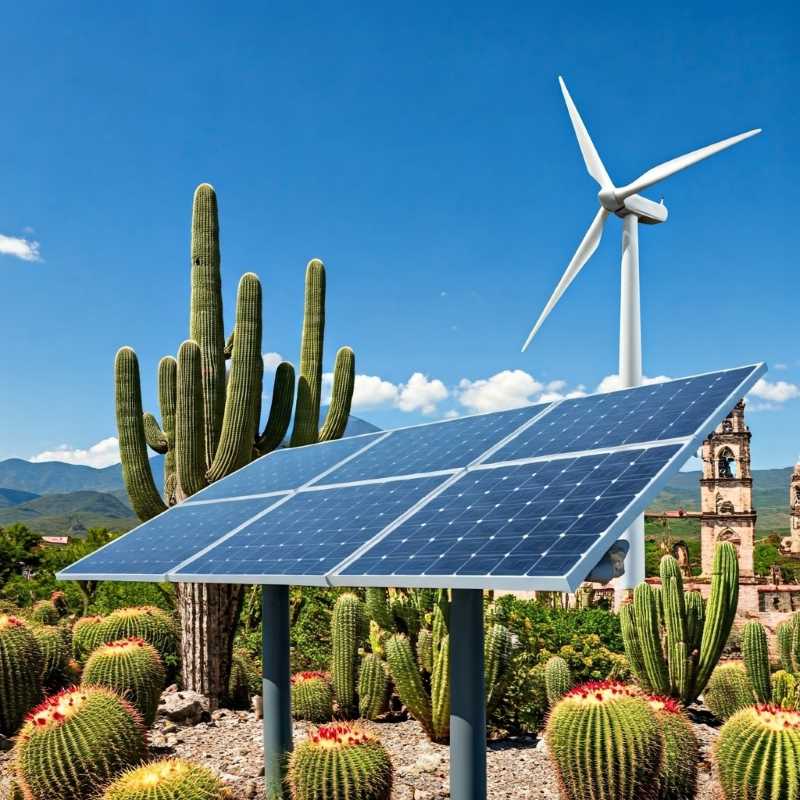How Rising Temperatures Are Threatening Our World
Climate experts warn of increasing complex challenges due to rising global temperatures, citing more frequent and severe droughts, heatwaves, and storms. Chronic climate changes, such as desertification and biodiversity loss, pose significant long-term economic and social risks.

Alright, so we’ve all heard about climate change, right? It’s the thing that's ruining your summer holidays, making you cancel that beach trip because either it’s too scorching to survive, or the sea has risen and decided to claim the coastline. This is no longer just the scientists waving their arms frantically from some obscure lab—now it's all of us sweating our socks off, watching glaciers melt like cheap ice cream on a hot pavement. And the latest warnings from Mexico aren't exactly comforting either.
A chap by the name of Francisco Estrada Porrúa—coordinator of the Climate Change Research Program at UNAM (that’s the National Autonomous University of Mexico, by the way)—has said that we’re in for a rough ride. And this isn’t just a "put on some sunblock and keep calm" kind of situation. We’re talking apocalyptic thunderstorms, droughts that could turn your lawn into something out of Mad Max, and heat waves that will make you feel like a rotisserie chicken.




